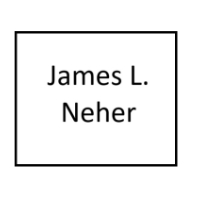 Bethesda Bankruptcy & Debt Lawyers, Maryland
Bethesda Bankruptcy & Debt Lawyers, Maryland
Sponsored Lawyers
1-10 of 56 matches
Bankruptcy & Debt, Traffic, Commercial Bankruptcy, Consumer Bankruptcy
I am a bankruptcy lawyer that has been in practice for the last 22 years. Please contact to set up a meeting to discuss your case.
(more)Divorce & Family Law, Bankruptcy & Debt, Business, Litigation
Keith graduated from SUNY Binghamton in 1989 with a B.A. in Political Science. Keith obtained his J.D. from American University, The Washington College of Law in 1992. Keith was admitted to practice in the State of Maryland in 1992 and the District of Columbia in 1993. In addition to being admitted to practice before the local courts in the State of Maryland and the District of Columbia, Keith is admitted to practice before the United States District Court for the District of Maryland, the United States Circuit Court for the Fourth Circuit, the United States District Court for the District of Columbia and the United States Circuit Court for the District of Columbia.
(more)





